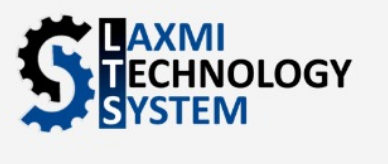
Get EPR Certificate From Professional Consultants in Delhi NCR. Apply for E-Waste, Plastic-Waste, Battery Waste, Tyres-Waste, Oil Waste EPR Certification.

Extended Producer Responsibility (EPR) means the responsibility of any producer of Electronics Waste, Plastic Waste, Battery Waste ; Tyre Waste and Oils Waste for channelization of those waste to ensure environmentally sound management of such waste.
Extended Producer Responsibility (EPR) means the responsibility of any producer of Electronics Waste, Plastic Waste, Battery Waste; Tyre Waste and Oils Waste for channelization of those waste to ensure environmentally sound management of such waste.
According to the Rule 13 (1) (Management) Rules, the 2016 Central Pollution Control Board (CPCB) holds the authority to grant, renew, and reject the EPR certificate/ Registration.
We Help with following EPR Certificate:
If you’re any of these, you require an EPR authorisation certificate –
Blue Planet Enterprise makes EPR CPCB Registration hassle-free. With our expertise, you can get the EPR Certificate in just 3 steps.
You will need these documents for applying EPR Certification

We stay ahead of regulatory changes and industry trends, continuously improving our methodologies to provide you with the most up-to-date and effective solutions.








According to the Rule 13 (1) (Management) Rules, the 2016 Central Pollution Control Board (CPCB) holds the authority to grant, renew, and reject the EPR certificate/ Registration.
The Central Pollution Control Board (CPCB), statutory organisation, was constituted in September, 1974 under the Water (Prevention and Control of Pollution) Act, 1974. Further, CPCB was entrusted with the powers and functions under the Air (Prevention and Control of Pollution) Act, 1981. It serves as a field formation and also provides technical services to the Ministry of Environment and Forests of the provisions of the Environment (Protection) Act, 1986. Principal Functions of the CPCB, as spelt out in the Water (Prevention and Control of Pollution) Act, 1974, and the Air (Prevention and Control of Pollution) Act, 1981, (i) to promote cleanliness of streams and wells in different areas of the States by prevention, control and abatement of water pollution, and (ii) to improve the quality of air and to prevent, control or abate air pollution in the country.
E-waste EPR- 5 years and after that renewal will be required.
Batter-waste EPR- 5 years and after that renewal will be required.
Tyres-waste EPR- 2 years and after that renewal will be required.
Plastic-waste EPR- 1 years and after that Post Compliance is mandatory.
Oil Waste EPR- 2 years and after that renewal will be required.
WhatsApp us